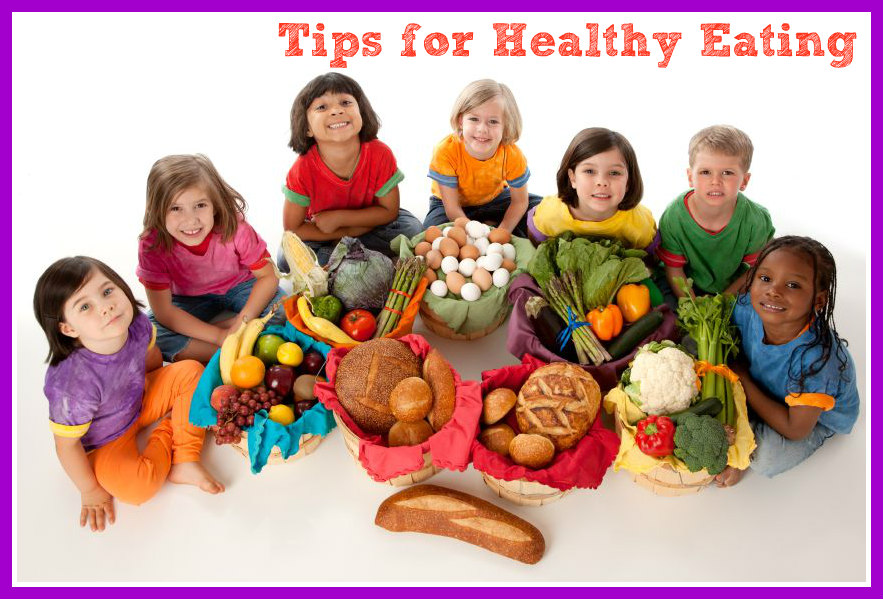
Healthy choices can help reduce breast cancer risk and prevent it from happening. A balanced diet is one that includes fruits and vegetables as well as limiting your intake of refined carbohydrates. It is important to eat lean proteins and fish in moderation. Exercise is also important for the prevention of breast cancer and can have a protective effect. Here are some helpful tips. Continue reading to find out more.
Avoiding alcohol consumption is a great habit to develop. It increases breast cancer risk. The more alcohol you consume, the higher the risk. It is important to quit smoking and limit your red meat consumption. A diet high in fruits and vegetables can reduce your risk of developing breast cancer and help you to maintain a healthy weight. Studies show that overweight and obese women are more likely than those who are not to get breast cancer.

It is essential to eat cruciferous vegetables as part of your healthy diet. These foods are high in carotenoids which are antioxidants. They may also help to reduce the risk of ER+ breast cancer. Balanced diets are high in plant-based foods and low in meat. Don't drink alcohol. It is a known carcinogen that can increase estrogen levels and cause DNA damage. Research is ongoing, but it can improve your health and provide you with more energy.
Healthy weight is another tip to lower breast cancer risk. Being overweight or obese will increase the risk of developing the disease. Breast cancer risk increases after menopause when estrogen levels increase. Limit your alcohol intake to no more than one to two drinks per week for women who consume more than three glasses of wine daily. Avoid animal fats and eat lots of fresh fruits, vegetables, and replace them with polyunsaturated ones.
It is important to get enough exercise and healthy foods. These foods are rich sources of vitamins and antioxidants. They can help prevent breast cancer and keep your body strong. They will help you recover from treatment and ensure your body is well-nourished. This is a great way for you to be happy and healthy. It can help you to avoid anxiety, depression, and other mental disorders. Limiting your alcohol intake is a good idea if you are a smoker.

As previously mentioned, obesity can lead to breast cancer. You can reduce your chances of developing this disease by exercising regularly. There are many ways to exercise. You can walk around the neighborhood, jog every day, or use your gym to workout on your own. These tips will help you live a healthier lifestyle and reduce your risk of developing breast cancer. They can help lower your risk of developing this disease.
FAQ
What is the difference between calories and kilocalories in food?
Calories refer to units that are used for measuring the energy in food. Calories are the unit of measurement. One calorie equals one degree Celsius of energy to raise water temperature by 1 gram.
Kilocalories are another way to describe calories. Kilocalories can be measured in thousandsths of one calorie. 1000 calories equals 1 kilocalorie.
Do I need calories to count?
You might be asking "What is the best diet?" or "is counting calories necessary?" The answer to this question depends on many factors, including your current health, your personal goals and preferences, as well as your overall lifestyle.
The Best Diet For Me: Which One Is Right?
The best diet depends on me, my health, my goals, my preferences and my overall lifestyle. There are many different diets, some good and some not so good. Some work well for certain people while others don't. What should I do? How can I make the right choice?
This article aims at answering these questions. This article begins with a brief overview of the various types of diets that are available today. Then, the pros and cons of each type of diet are discussed. Then, we will discuss which diet is the best.
Let's start by taking a look at the various types of diets.
Diet Types
There are three main types of diets: low fat, high protein, and ketogenic. Let's talk about them briefly.
Low Fat Diets
A low-fat diet is one that limits the intake of fats. This is achieved by reducing saturated fats like butter, cream cheese, and other dairy products. You can replace them with unsaturated oils (olive oil and avocados) For those looking to lose weight quickly, a low-fat diet is often recommended. This kind of diet could cause problems like constipation or heartburn and indigestion. Vitamin deficiencies can also occur if the person doesn't get enough vitamins through their diet.
High Protein Diets
High protein diets discourage carbohydrates and encourage the use of proteins. These diets have higher protein levels than other diets. These diets are designed to build muscle mass and help you burn more calories. They may not be able to provide sufficient nutrition for people who need it. Also, they tend to be very restrictive, so they aren't suitable for everyone.
Ketogenic Diets
Ketogenic diets are also known as keto diets. They are high-fat and low in carbs and protein. They are commonly used by athletes and bodybuilders, as they allow them train harder and more frequently without getting tired. You must adhere to all side effects, including fatigue, headaches, nausea and headaches.
How can I lower my blood pressure
Find out the causes of high blood pressure first. Then you need to take steps to reduce this cause. You can do this by eating less salt, losing weight, or taking medication.
Make sure you're getting enough exercise. You can also walk if you don’t have the time.
Consider joining a gym if your current exercise regimen is not satisfying you. It's likely that you will want to join a gym with other people who are working towards the same goals as you. You will find it easier to keep to a workout schedule if you have someone to watch you at the gym.
Statistics
- Extra virgin olive oil may benefit heart health, as people who consume it have a lower risk for dying from heart attacks and strokes according to some evidence (57Trusted Source (healthline.com)
- The Dietary Guidelines for Americans recommend keeping added sugar intake below 10% of your daily calorie intake, while the World Health Organization recommends slashing added sugars to 5% or less of your daily calories for optimal health (59Trusted (healthline.com)
- WHO recommends consuming less than 5% of total energy intake for additional health benefits. (who.int)
- In both adults and children, the intake of free sugars should be reduced to less than 10% of total energy intake. (who.int)
External Links
How To
27 Steps to a Healthy Lifestyle when Your Family Buys Junk Food
It is easy to eat healthy when you cook at home. However, this is often difficult because people do not know how to prepare healthy meals. This article will offer some suggestions on making healthier dining choices at restaurants.
-
Select restaurants that offer healthy dishes.
-
Before ordering meat dishes, order salads and other vegetables.
-
Ask for sauces with no added sugar.
-
Avoid fried items.
-
Choose grilled meats over fried.
-
Do not order dessert unless you really need it.
-
After dinner, make sure you have something to eat.
-
You should eat slowly and chew well.
-
Get plenty of water when you eat.
-
Don't skip breakfast and lunch.
-
Every meal should include fruit and vegetables.
-
Use milk, not soda.
-
Sugary drinks are best avoided.
-
Limit salt consumption in your diet.
-
Try to limit the number of times you go to fast food restaurants.
-
If you can't resist temptation, ask someone to join you.
-
You should not allow your kids to watch too many TV programs.
-
During meals, turn off the TV.
-
Do not consume energy drinks.
-
Regular breaks from work
-
Exercise early in the morning.
-
Get active every day.
-
Start small and progress slowly.
-
Set realistic goals.
-
Be patient.
-
Even if you don’t feel like exercising, make time for it.
-
Use positive thinking.